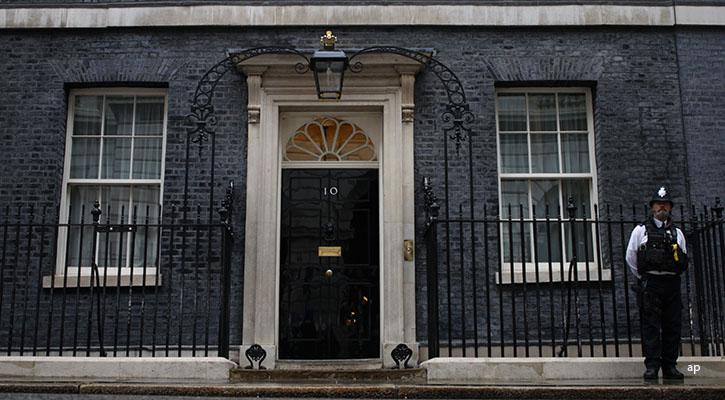
Labour’s fiscal agenda is modest, with a focus on delivering economic stability, there should also be limited implications for the economy.
We expect the new government under Keir Starmer to maintain tight fiscal policies. This should facilitate a gradual decline in inflation and enable the Bank of England (BoE) to begin cutting interest rates soon – and potentially cut more than markets expect next year. Therefore, we believe UK government bonds are attractive at current levels.
Quentin Fitzsimmons, senior fixed income portfolio manager at T. Rowe Price
The new government is expected to adhere to current fiscal rules, which stipulate that government debt should fall as a percentage of annual GDP in five years. At present, UK debt to GDP is just under 100% of GDP. Fiscal headroom is limited, so it is unlikely the new government will announce major spending increases or tax cuts.
Natalie Bell, fund manager, Liontrust Economic Advantage team
After the election a number of stars should align – a stable government, interest rates falling, inflation stabilising and growth returning. This, coupled with likely policy intervention, should help turn the tide following decades of outflows. We hope the next government recognises the opportunity to promote economic growth and domestic prosperity via a thriving stock market sooner rather than later.
James Lynch, fixed income manager at Aegon Asset Management
One of the legacy’s of Liz Truss … is that there has been much more attention on the relationship between politics, economic policy and the bond markets not just in the UK but in other countries, no one wants a repeat of that period. But for now, the gilt market will no doubt go back to looking at the latest inflation figures, BoE speeches and following US Treasuries for guidance.
Neil Mehta, investment grade portfolio manager at RBC BlueBay Asset Management
Aware of not upsetting the apple cart, Starmer and his team are likely to look for quick wins before the Autumn budget, be it via reducing EU red tape to open up trade and investment, to re-configuring the BoE’s remit to save on Quantitative Tightening indemnity which is creating a fiscal drag. While the serious structural challenges in the UK will be very difficult to fix, the new government may find itself with a reasonable honeymoon period and some favourable short term tailwinds. Investors are likely to give them the benefit of the doubt for now
Trevor Greetham, head of multi asset at Royal London Asset Management
The battle against inflation is by no means won and an uncertain geopolitical backdrop, populism and a drop in fossil fuel capacity as we transition to net zero all point to further cost of living surges in coming years. If these are seen as ‘just’ spikes, the Bank of England is likely to accommodate them, and unanticipated inflation could help Labour with their fiscal conundrum by pushing incomes above tax thresholds and debasing the real value of government debt.
Alex Wright, portfolio manager of Fidelity Special Situations and Fidelity Special Values
While there continues to be a degree of uncertainty both in the UK and globally, the general UK economic outlook has improved. Companies have proved surprisingly resilient and we are encouraged by the performance of our holdings in the recent reporting season. UK equities continue to trade at a wide discount compared to other markets, representing an attractive opportunity.
Matt Evans, portfolio manager, UK sustainable equities at Ninety One
The election result could be taken as a positive for UK capital markets. Stability and confidence are key. The challenge will be to demonstrate Labour can boost growth while managing a tight fiscal position. If it shows progress on these fronts, then confidence from business and overseas investors will build, leading to a positive outlook for the UK economy and market.






